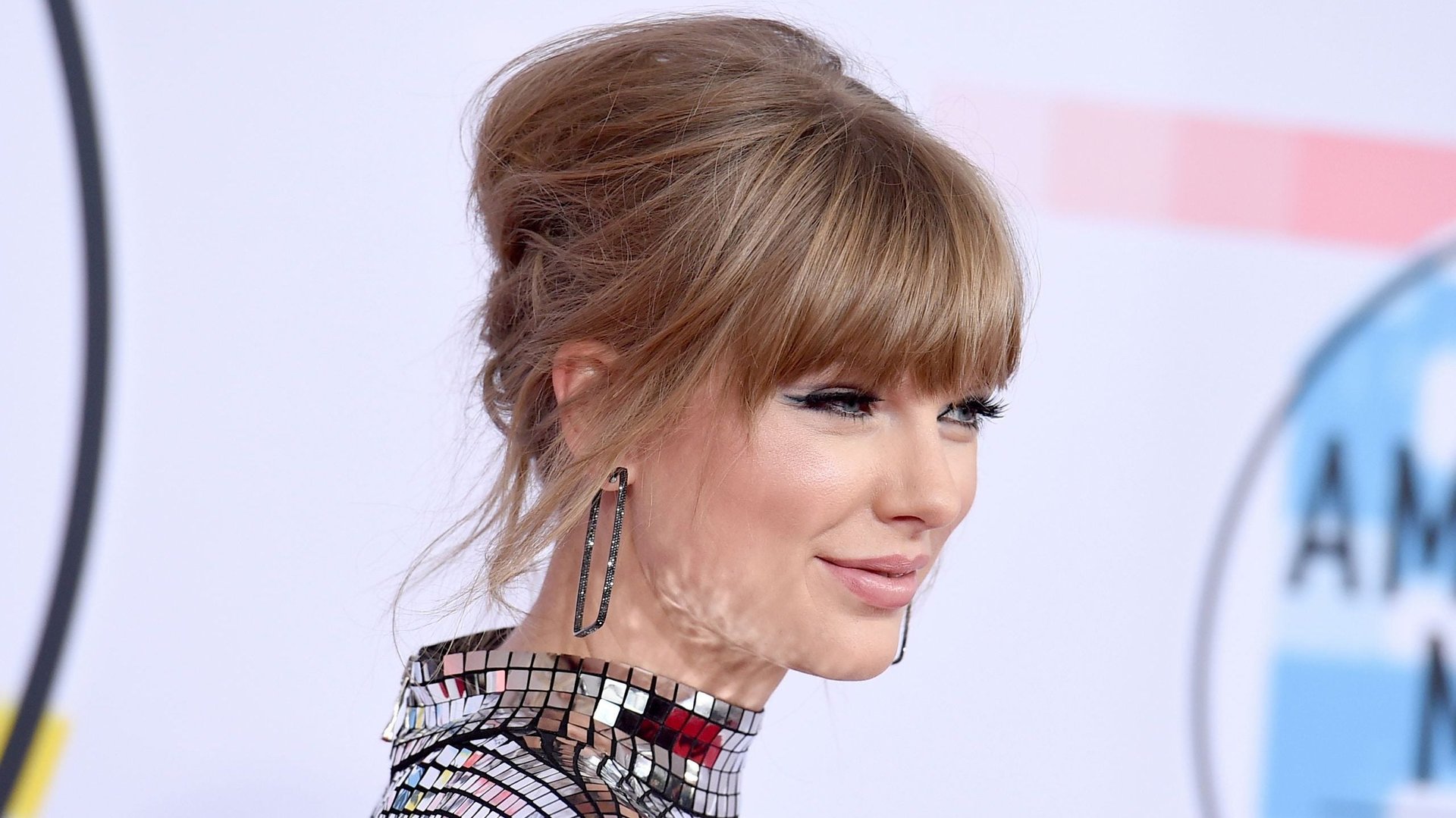Do not mess with Taylor Swift on streaming money
Taylor Swift has signed a new recording deal with Republic Records and Universal Music Group, leaving Big Machine Records, her former label of 13 years, behind. Notably, Swift’s new deal is conditional on how UMG uses money arising from any sale of its Spotify shares.


Taylor Swift has signed a new recording deal with Republic Records and Universal Music Group, leaving Big Machine Records, her former label of 13 years, behind. Notably, Swift’s new deal is conditional on how UMG uses money arising from any sale of its Spotify shares.
Swift announced her move today (Nov. 19) in a four-part Instagram post. The first image shows Swift with UMG CEO Lucian Grainge and Republic Records CEO Monte Lipman.
With her new deal, Swift will own all her master recordings from now on (Big Machine Records owns her previous six albums). Just as vital to her decision, she said, was due consideration to the state of the streaming industry. “Streaming was founded on and continues to thrive based on the magic created by artists, writers, and producers,” Swift wrote. Recognizing and rewarding this “magic” was the most important stipulation of all.
“There was one condition that meant more to me than any other deal point. As part of my new contract with Universal Music Group, I asked that any sale of their Spotify shares result in a distribution of money to their artist, non-recoupable,” Swift explained. “They have generously agreed to this, at what they believe will be much better terms and paid out previously by other major labels.”
UMG has a 3.5% stake in Spotify worth an estimated $850 million, Music Business Worldwide reports. While UMG already confirmed earlier this year that any earnings from selling its Spotify holdings would be shared with artists, Swift has protected musicians further by ensuring that this payout is non-recoupable, meaning that any money an artist owes the label is not deducted. (Sony Music set a major precedent earlier this year after selling half of its Spotify shares for about $750 million and distributing the money, non-recoupable, among thousands of artists.)
In 2014, in an op-ed for the Wall Street Journal, Swift highlighted how little money artists make through streaming. Later that year, she pulled her entire catalog from Spotify because she didn’t feel artists were properly compensated. In 2015, she threatened to pull her album 1989 from Apple Music when she found out that it would not be paying artists, writers, and producers during the service’s free trial period. Apple Music changed its policy after Swift’s criticism.
While other details of her new deal were not announced, it is clearly another big win for Swift, a savvy strategist when it comes to capitalizing on the value of her music—recorded or live.